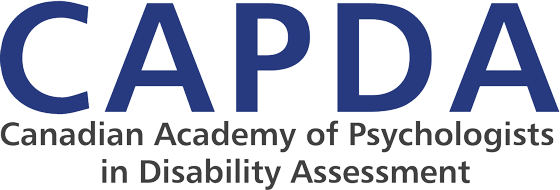FALL WORKSHOP 2010
“Forensic Assessment & Treatment of PTSD"
Date
Saturday, October 16, 2010Description
Morning Session
The early morning session will focus on the nature of Posttraumatic Disorder and related mental health conditions commonly occurring within the personal injury or disability assessment context. We will begin with a discussion of the different contexts (auto insurance claims, Indian residential school claims, sexual assault claims) in which diagnoses of PTSD arise. We will then discuss the co-morbidity of PTSD with other mental health disorders, and the assessment of these various disorders and differential diagnoses among them. We will end the early morning session with a discussion of common assessment errors and biases in the assessment of psychological injury cases.
The late morning session will focus on specific assessment plans and tools. There will be some discussion of structuring assessments to test competing psycho-legal hypotheses concerning diagnoses, causality, prognosis and functional impairment. As well, assessment tools for the assessment and diagnosis of PTSD and related conditions and underlying constructs will be described. Issues in diagnostic decision-making and generating opinions about functional disability will also be discussed. A model for assessing different types of claimant response bias, and specific measures of response bias (e.g., defensiveness, feigning) will be described. Finally, we will discuss the use of surveillance recordings and data from social networking sites in formulating opinions about disability.
Afternoon Session
Small group discussion of individual cases. Individual psychological injury/PTSD cases will be distributed to small groups for discussion and writing the outline of an assessment and opinion. Each table of participants will get a different case. Cases will include claimants from the following forensic contexts: auto insurance, physician sexual assault, Indian residential school abuse. Cases will illustrate issues such as co-morbidity, psychological-somatic overlap, defensive responding, feigning of symptoms and inconsistent histories. Groups of participants will prepare their thoughts on evidence for/against different hypotheses and means to expand on the already existent assessment data for each case.
In an interactive hour, representatives of the different groups will present their thoughts on individual cases, and Dr. Koch will discuss his own conclusions about the cases, including areas of uncertainty and his own post-hoc thoughts on further investigation of such cases.
Dr. Koch will discuss evidence-based psychological treatments for PTSD, including variants for motor vehicle accident survivors and sexual assault survivors.

